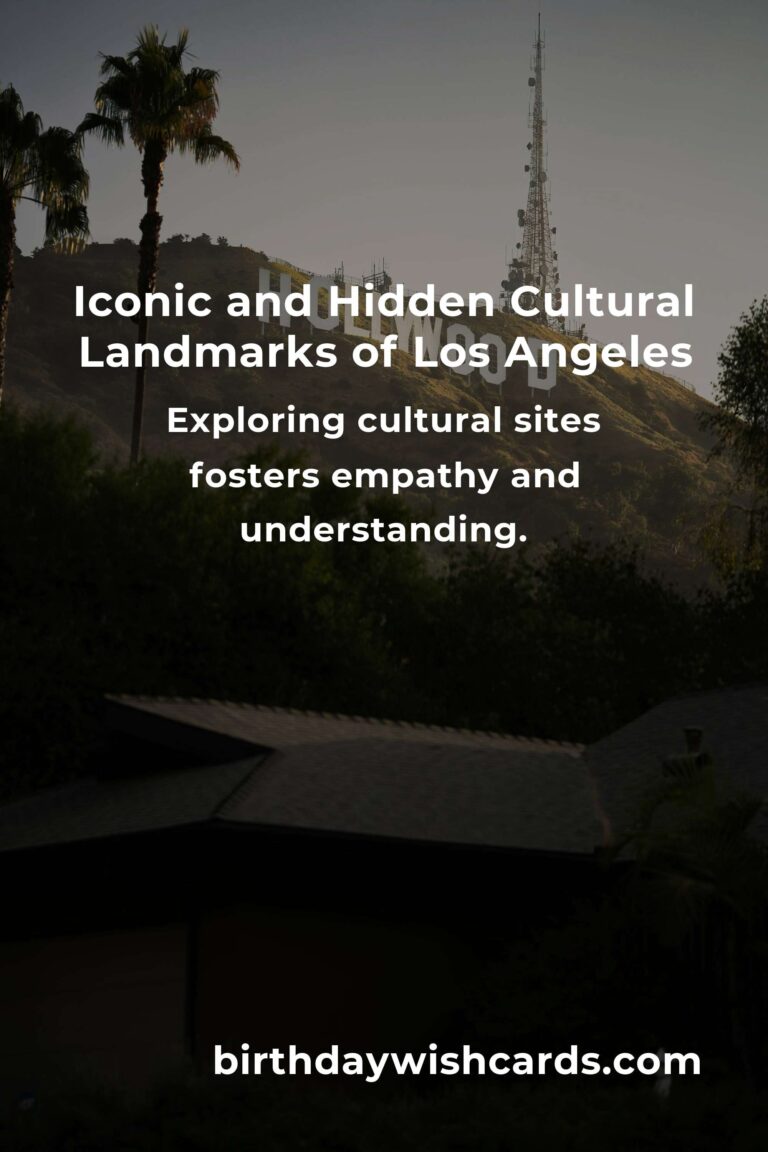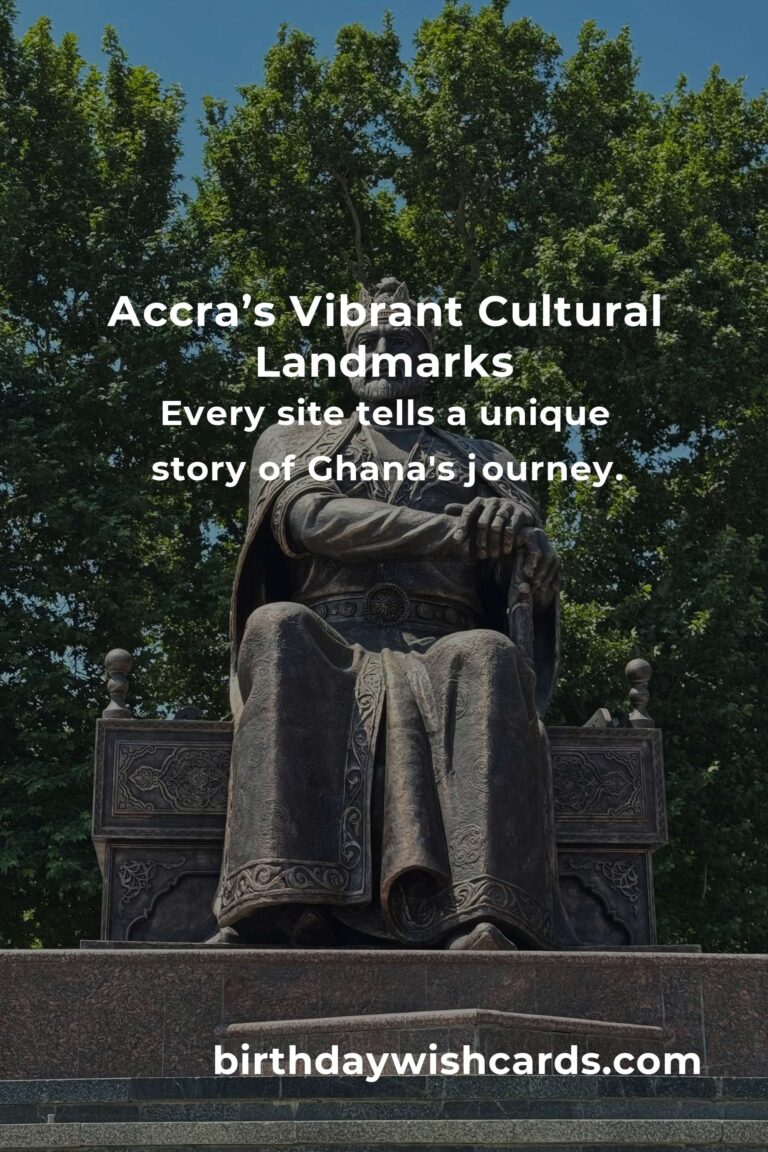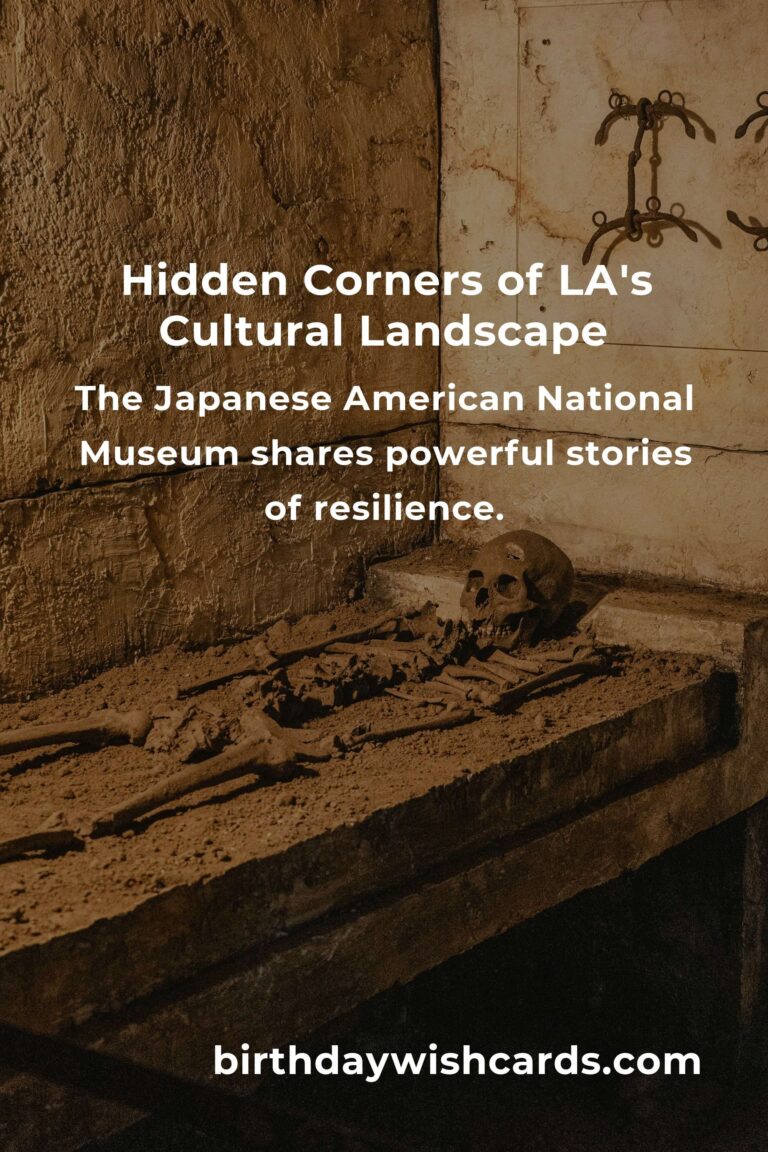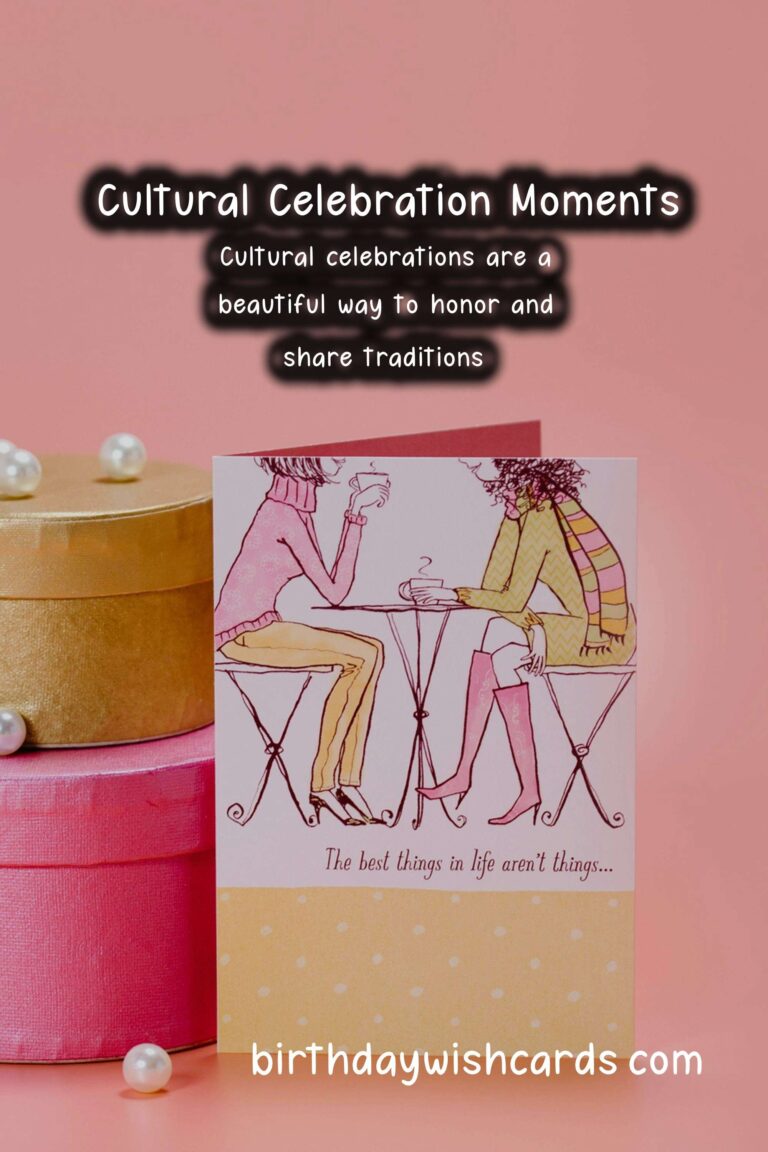
Cultural celebrations are a beautiful way to honor and share traditions, heritage, and customs. Whether it’s a festival, a family reunion, or a community gathering, planning a cultural event requires attention to detail, creativity, and respect for the traditions being celebrated.
This guide provides comprehensive tips to help you plan an unforgettable cultural celebration that captures the essence of the moment.
1. Define the Purpose of the Celebration
The first step in planning your cultural celebration is to define its purpose. Is it to honor a specific tradition, commemorate an important date, or bring community members together? Understanding the purpose will guide your planning decisions, from activities and themes to invitations and decorations.
2. Identify Your Audience
Your audience will greatly influence the tone and content of your celebration. Are you hosting families, children, or adults? Different age groups and cultural backgrounds may require varied approaches to engage them effectively.
3. Set a Budget
Setting a budget is crucial for keeping your celebration organized and within financial limits. Consider costs for venues, food, entertainment, decorations, and permits (if necessary).
4. Choose a Location
The location of your celebration plays a significant role in its success. Consider venues that reflect the cultural aspects of your event. This could be a local community center, park, or even your backyard.
5. Develop a Program Schedule
Your event should have a well-organized program schedule. Include activities such as presentations, performances, and workshops that showcase cultural traditions. Detailed timing will ensure that everything runs smoothly and guests are engaged.
6. Incorporate Traditional Cuisine
Food is a central component of cultural celebrations. Incorporating traditional dishes not only adds authenticity but also gives guests a taste of the culture being celebrated. Make sure to cater for dietary restrictions and preferences.
7. Engage Local Artists and Performers
Including local artists and performers can elevate your celebration while supporting the community. Look for cultural dancers, musicians, and artists who can showcase their talents, adding richness to your event.
8. Create Cultural Workshops
Consider offering workshops that allow guests to engage with the culture on a deeper level. This could include dance lessons, crafting sessions, or cooking demonstrations. Workshops provide hands-on experiences and foster community involvement.
9. Use Effective Marketing Strategies
Promoting your cultural celebration is key to ensuring a good turnout. Utilize social media, local newspapers, and community boards to spread the word. Create visually appealing posters and digital graphics highlighting key activities to entice attendees.
10. Capture the Moment
Hiring a professional photographer to document your event can help capture the essence of your cultural celebration. High-quality images can be used for future marketing and serve as cherished memories for participants.
11. Create a Welcoming Environment
Design a welcoming atmosphere that reflects the cultural essence of the event. Use culturally-relevant decorations, signage, and symbols that represent the traditions being celebrated.
12. Plan for Accessibility
Ensure your event is accessible to all individuals, including those with disabilities. Consider physical access to the venue, available seating, and the availability of materials for guests who may need assistance.
13. Collect Feedback
After the celebration, collect feedback from attendees to understand their experiences and gather suggestions for future events. This will help improve your planning and execution in upcoming celebrations.
Conclusion
Planning a cultural celebration can be a fulfilling experience that honors heritage, brings communities together, and creates lasting memories. By following these tips, you can ensure that your event captures the moment and resonates with all participants.
Cultural celebrations are a beautiful way to honor and share traditions. Food is a central component of cultural celebrations. 
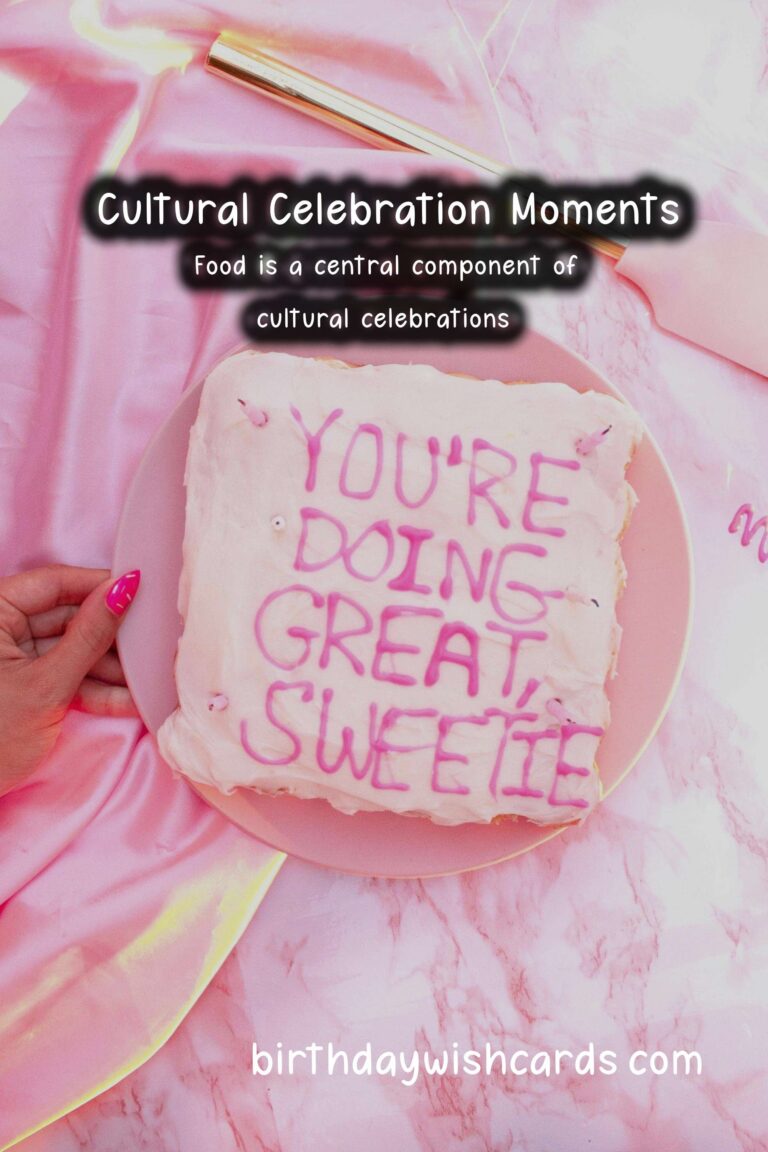
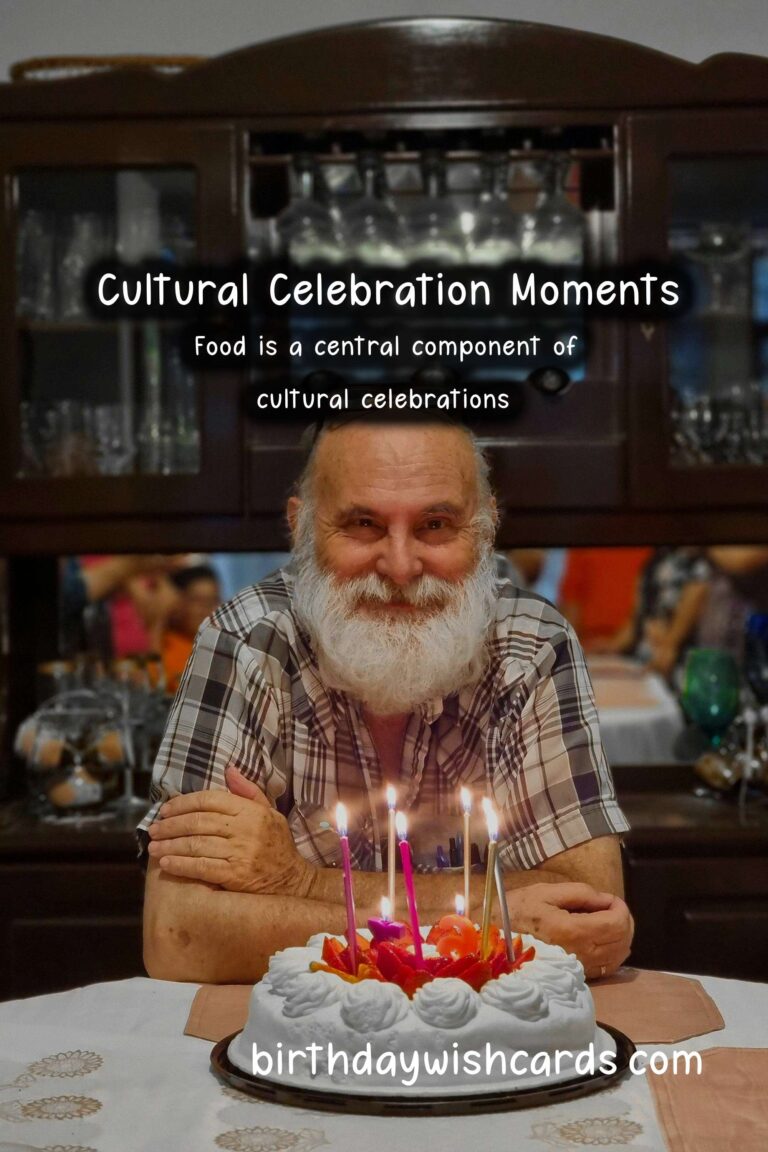
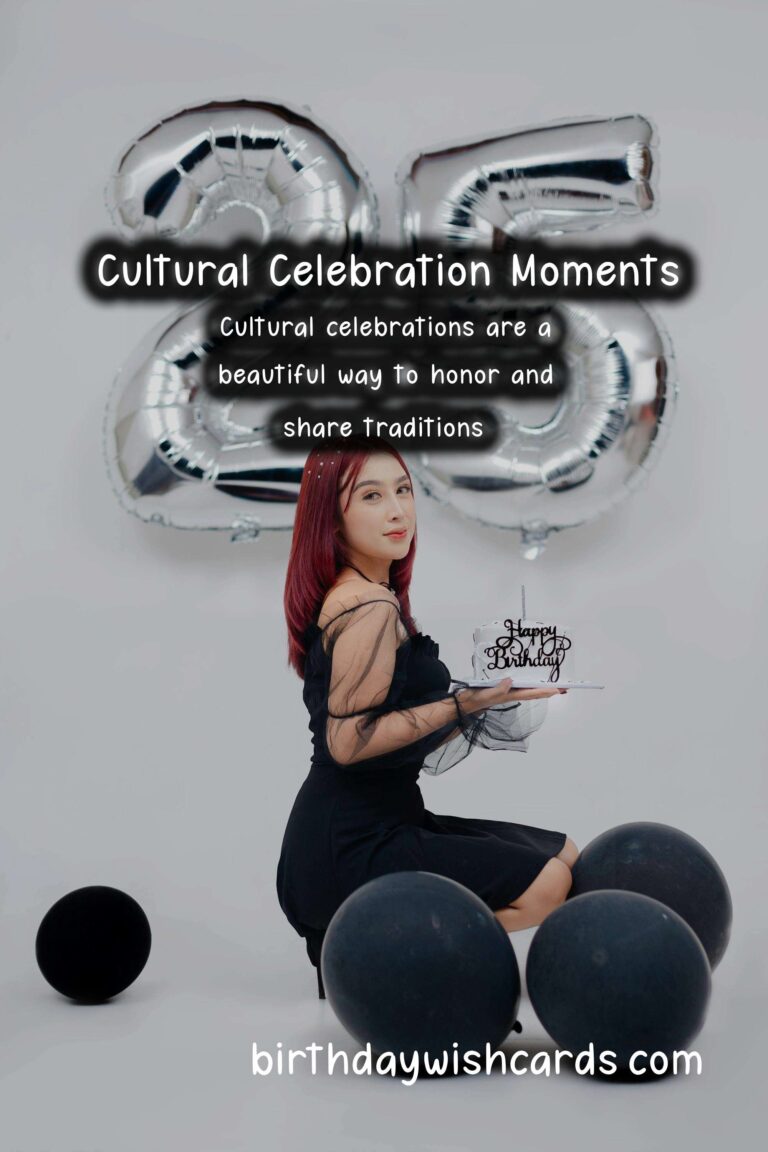
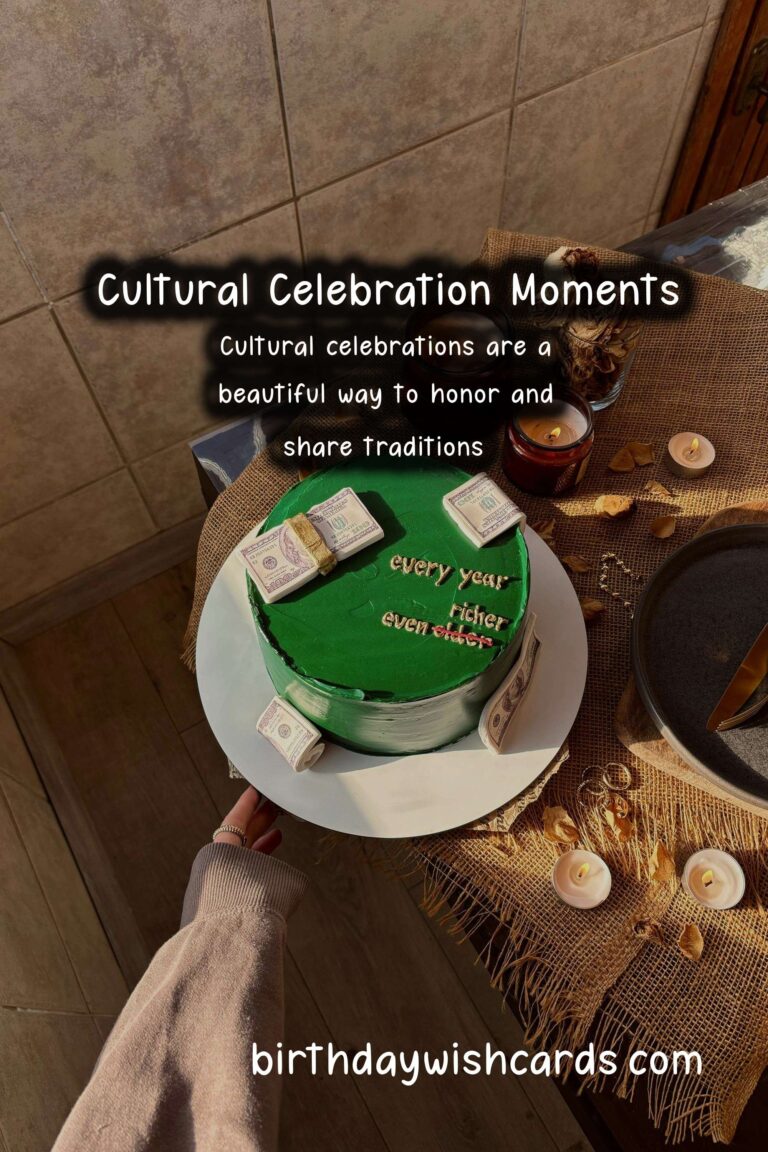
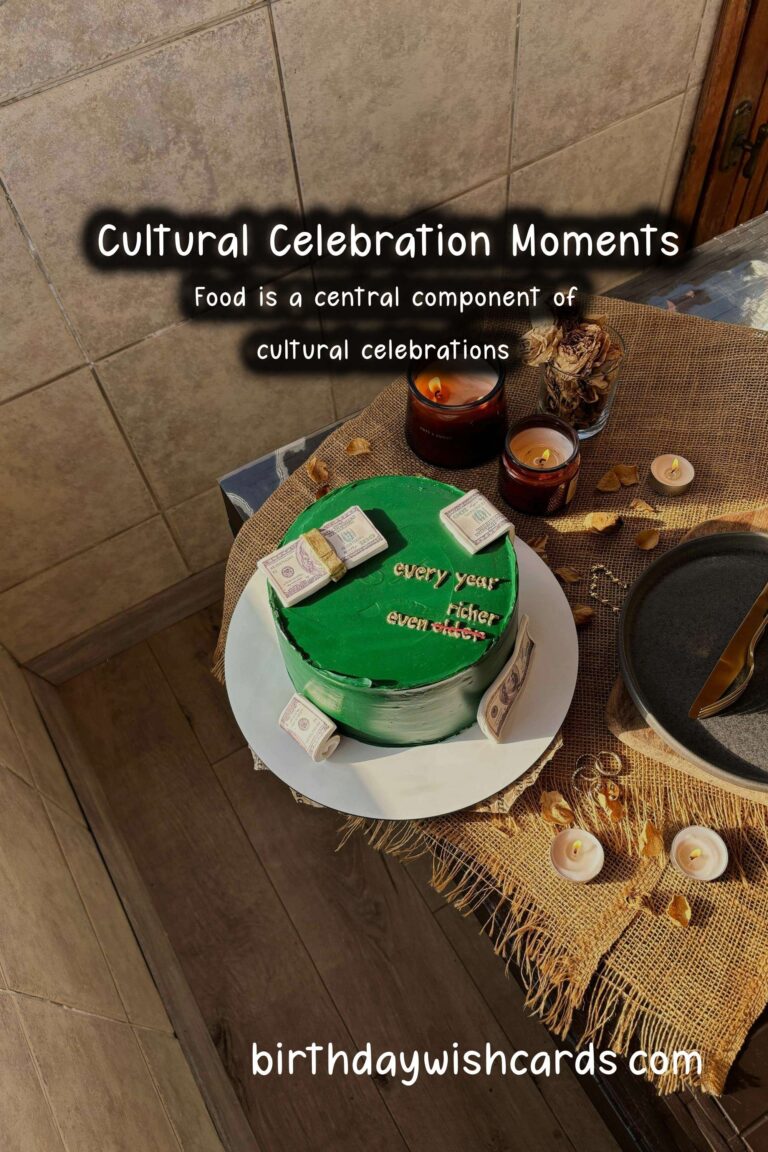
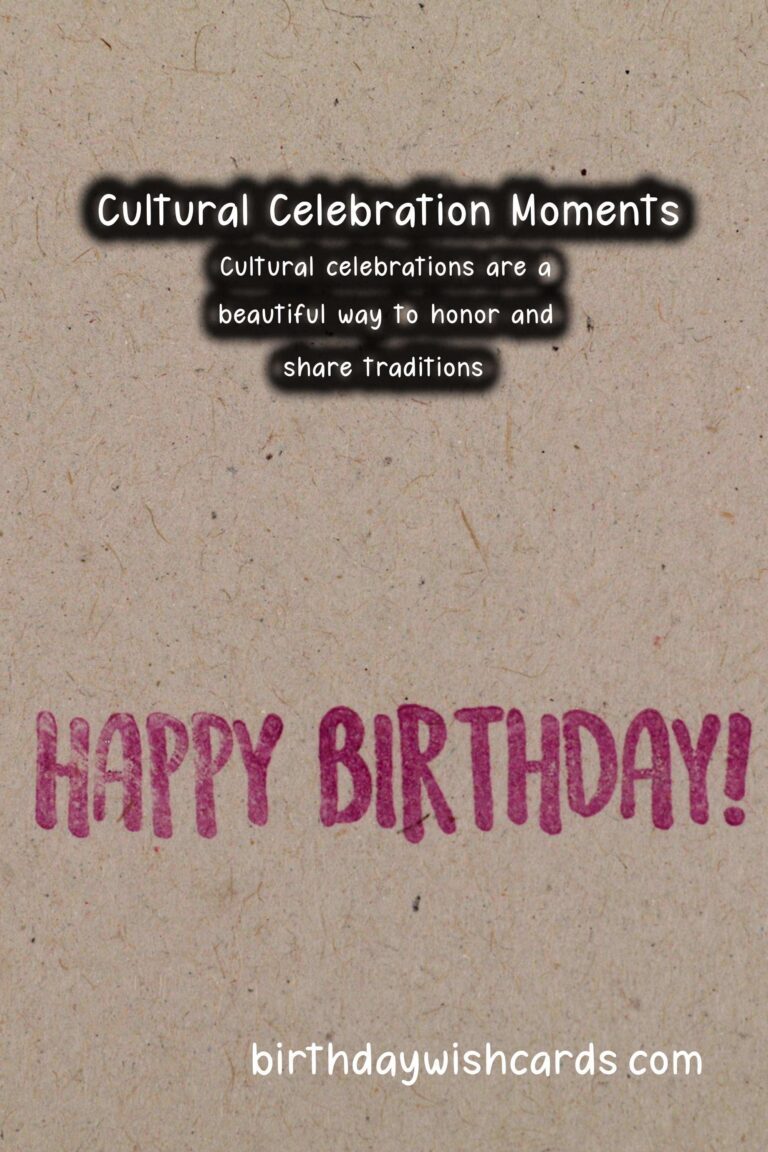
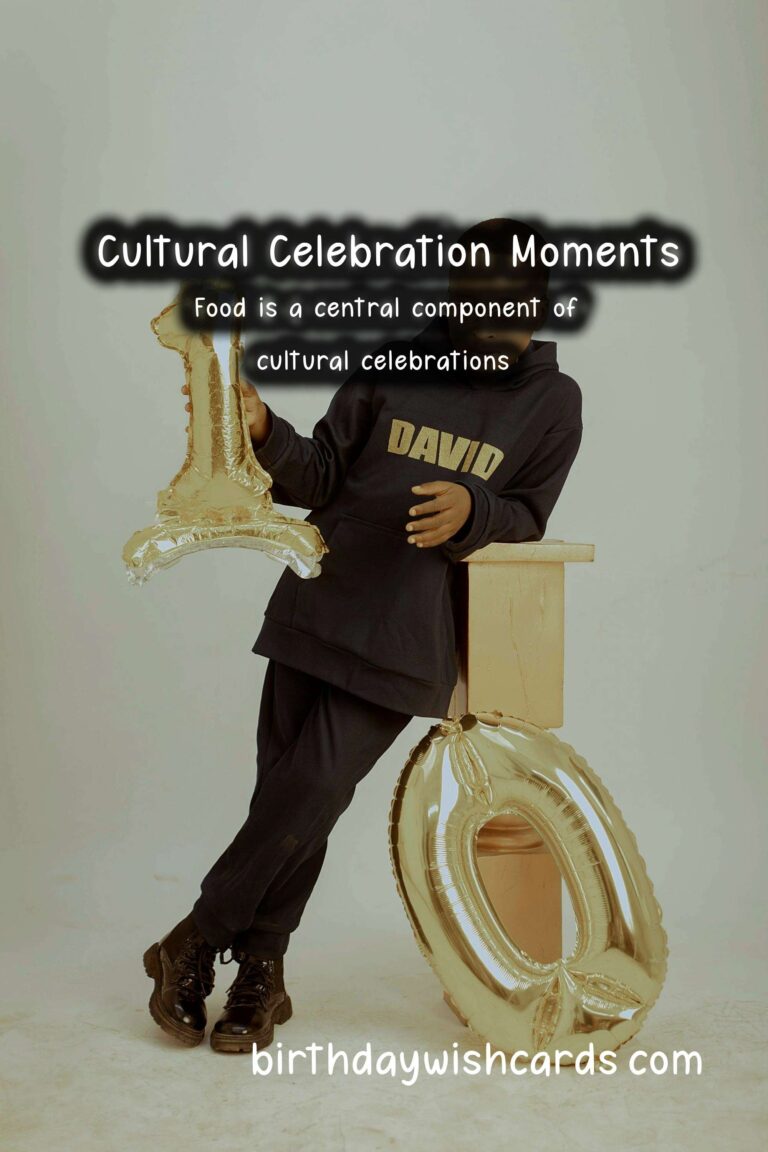
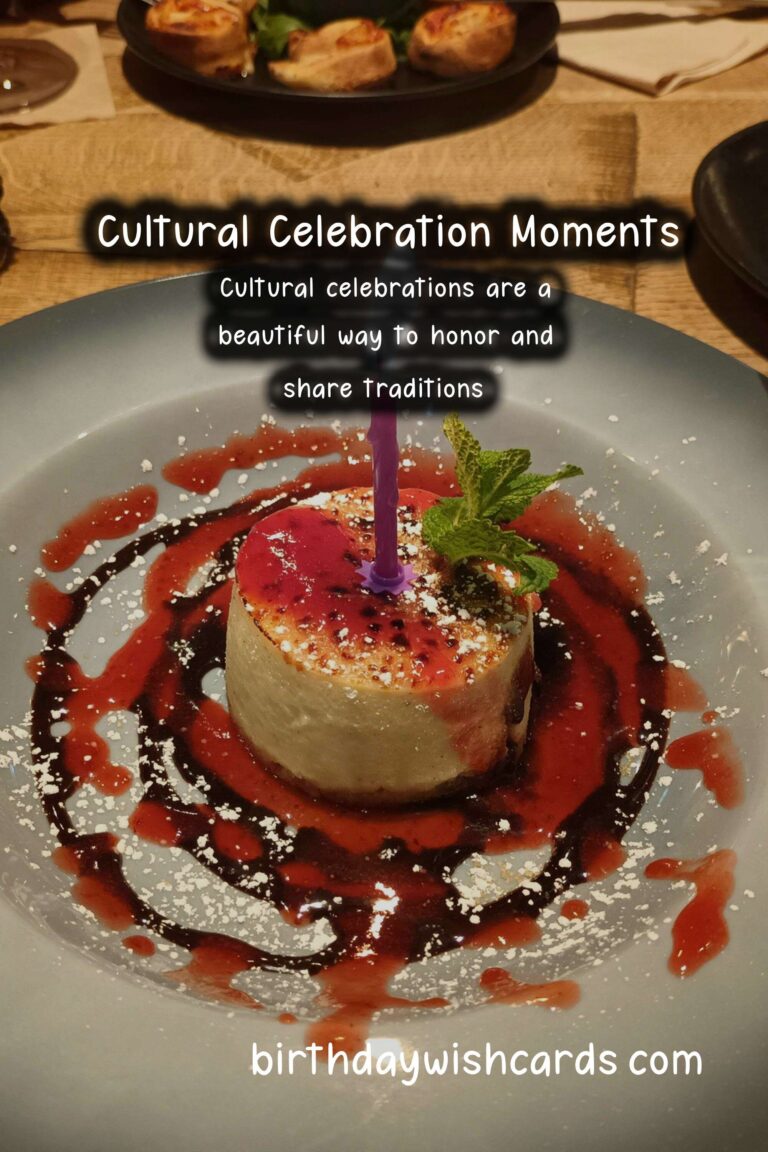
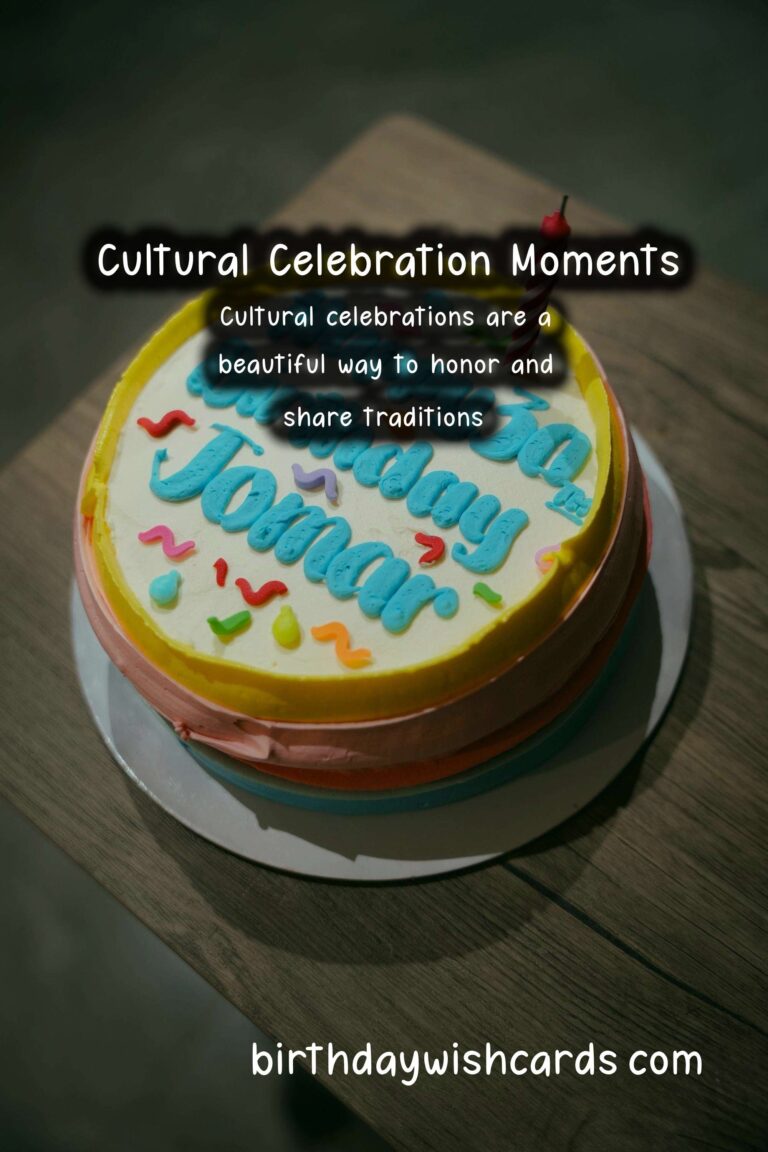
#CulturalCelebration #EventPlanning


